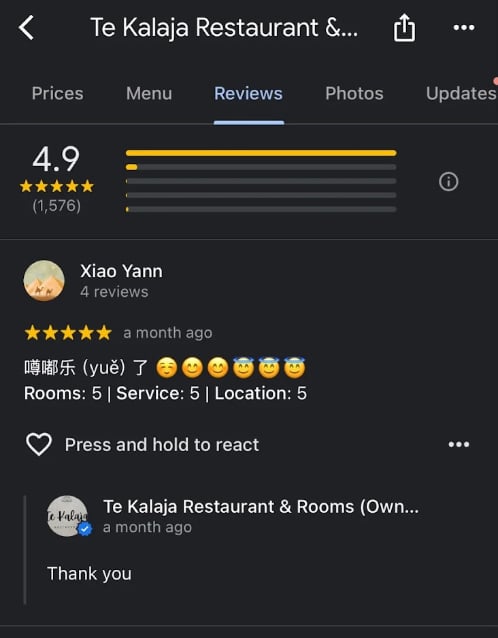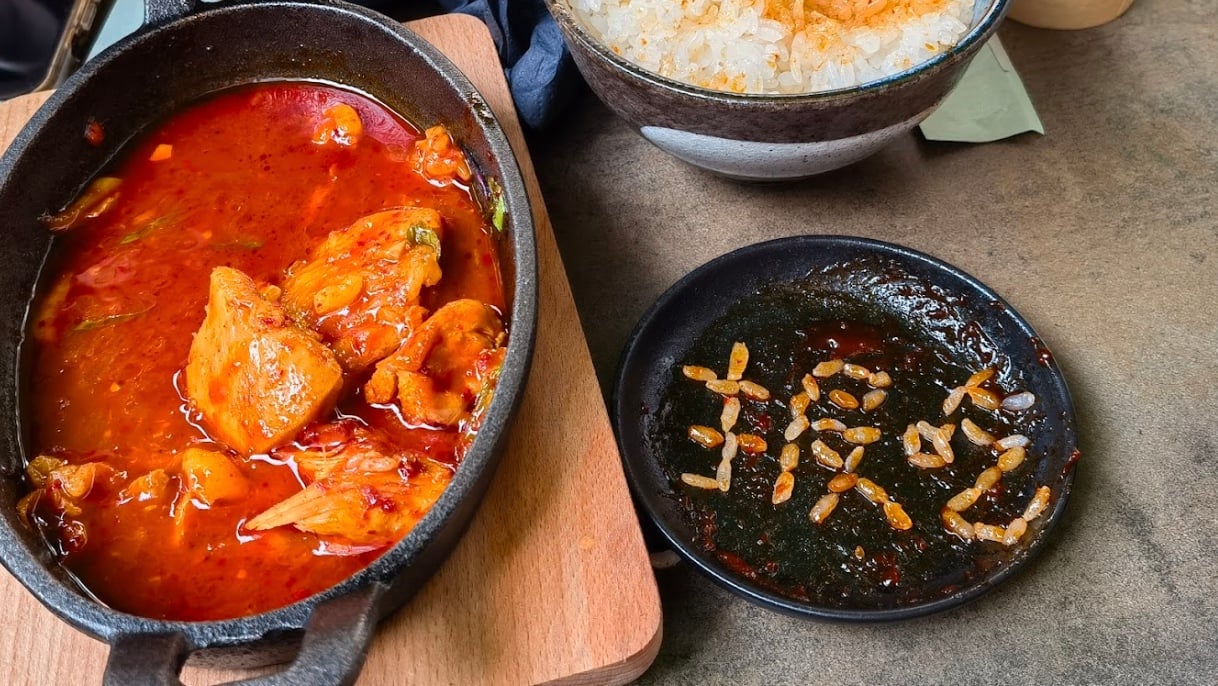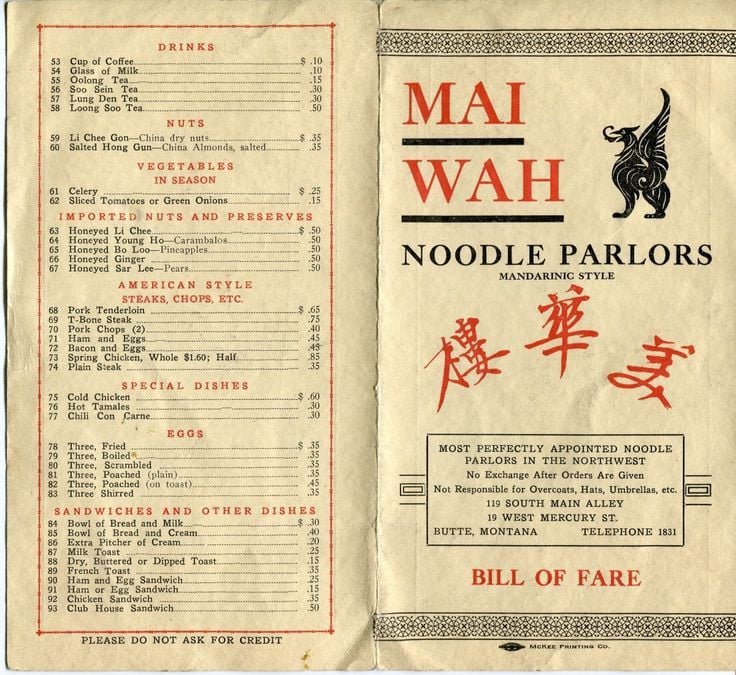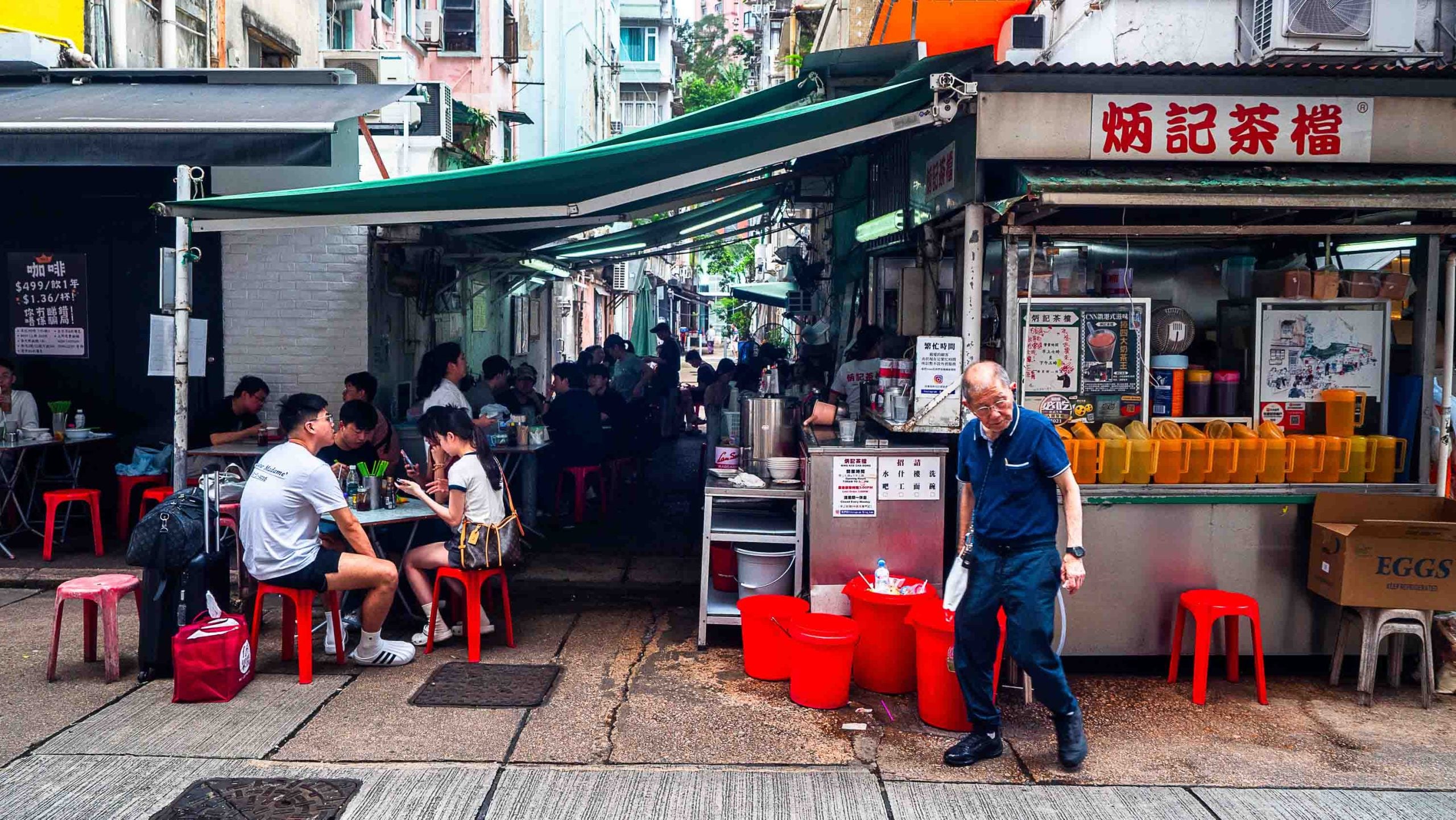Have you ever been looking at reviews on Google Maps and come across a paragraph of text in a foreign language? Searching for recommendations on where to eat or visit, you then use auto-translate to get some advice. The results might sometimes come out garbled or confusing, and it turns out this isn’t just because of the limits of translation software: although Google services are blocked in the Chinese mainland, Chinese people living abroad have devised a secret system of codes that allow them to leave honest reviews that only native Mandarin speakers can understand.
This trend began a couple of years ago when Google Reviews introduced an update allowing businesses to hide negative reviews. While the update aimed to protect businesses’ rights, it arguably gave them excessive power to suppress genuine critical feedback on their Google Maps listings. In response, Chinese people abroad — particularly students — took to social media to share creative strategies for bypassing this censorship.
One popular method involves writing acrostic poems. For example, people leave reviews like:
“中国人不骗中国人!这家餐厅太好吃了!吃完之后,我有感而发作了一首诗:
不羡鸳鸯不羡仙,
好吃好喝好时光。
吃尽人间烟火味,
别有风味在心间,
来去匆匆皆过客!”
(Chinese people don’t deceive each other! This restaurant is amazing! After eating here, I was so inspired that I wrote a poem:
No envy for lovebirds or immortals,
Just good food, drink, and time well spent.
Savoring the flavors of the world,
A unique taste lingers in my heart.
We come and go as passing guests!)
An English translation of the review seems share a positive appraisal of a restaurant’s food, but the first character of each line of the poem reveals the customer’s true message: “不好吃别来”(Bù hào chī bié lái), or in English “Not tasty, don’t come.”

To further deceive businesses, customers often leave five-star ratings while embedding their true opinions in the content or accompanying images. Thanks to the richness of Mandarin homophones, commenters can replace critical words with obscure synonyms, rendering auto-translation tools ineffective. However, some users have noted that tools like ChatGPT-4 are starting to decode these messages effectively.
The code has evolved further, incorporating cultural references and irony. For instance, reviewers might say a dish is as tasty as high school cafeteria food, banking on restaurant owners and AI systems not being familiar with the charms (or lack thereof) of Chinese school lunches. Another example involves describing to a dish as “as tasty as Mr. Huang’s green beans,” mocking a 2017 incident in which actor Huang Lei, who marketed himself as a talented chef, served undercooked green beans on a reality TV show.
Other commenters have leaned into multiple layers of playful wordplay, involving both Chinese and English. One example is using the term “newspaper eating” to critique food. The phrase originates from the Chinese words 不好吃 (bù hào chī, not tasty), which, when spoken quickly, sound like 报吃 (bào chī), a nonsense phrase that literally translates as “newspaper eating.”
This trend of coded Google reviews provides another intriguing example of how Chinese people abroad cope with culture shock through online platforms, whether posting about bathroom codes on Xiaohongshu, as recently covered by RADII, or rallying against the perceived censorship policies of a Western web service. While some primarily see the phenomenon of restaurant reviews in code as a form of mild rebellion against the power imbalance between businesses and customers, others view it as just a fascinating display of linguistic creativity. With some Reddit users having noticed the trend and AI catching on, it will be interesting to see how this code for Google Maps develops — or fades away.
Banner image via Google Maps.


















